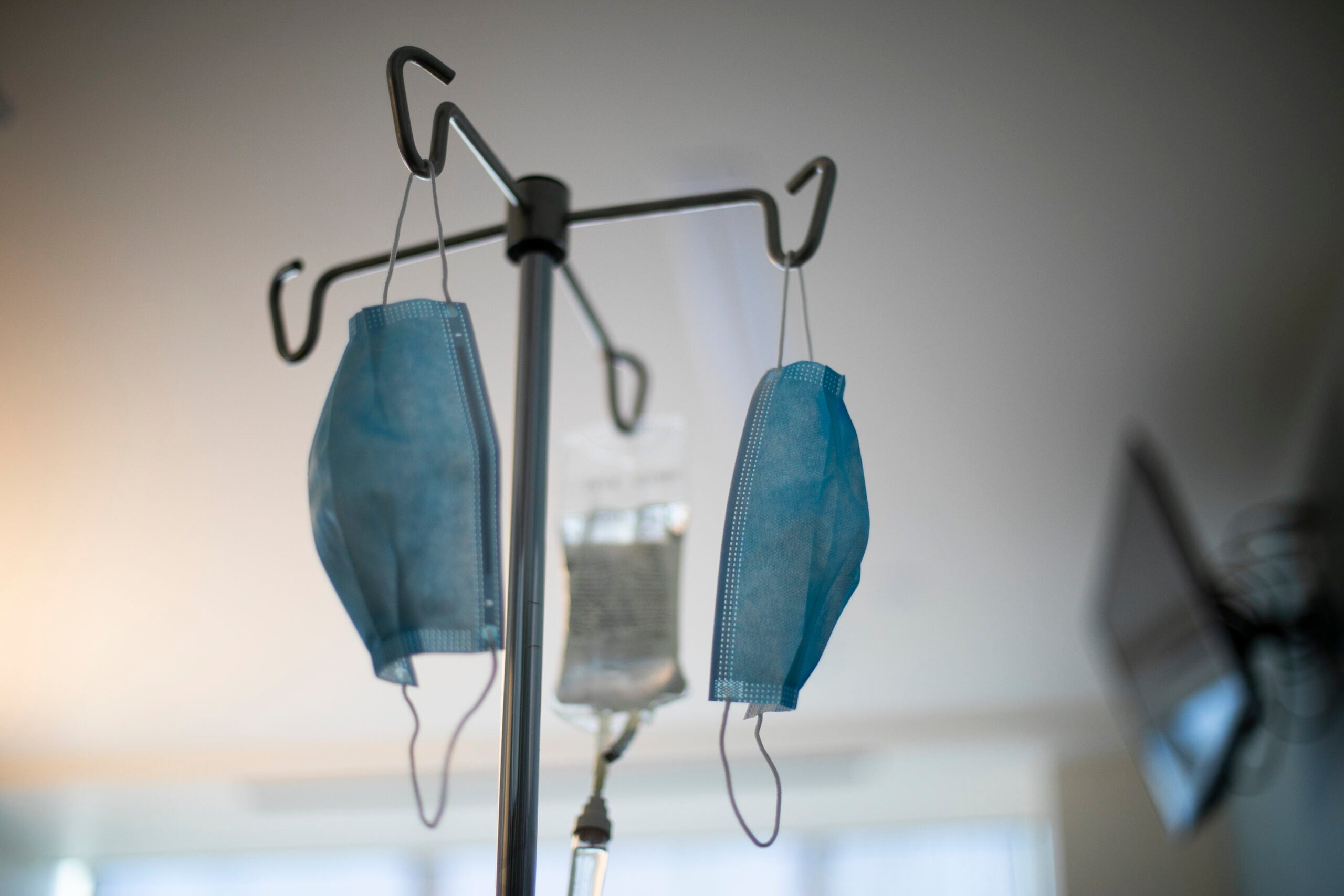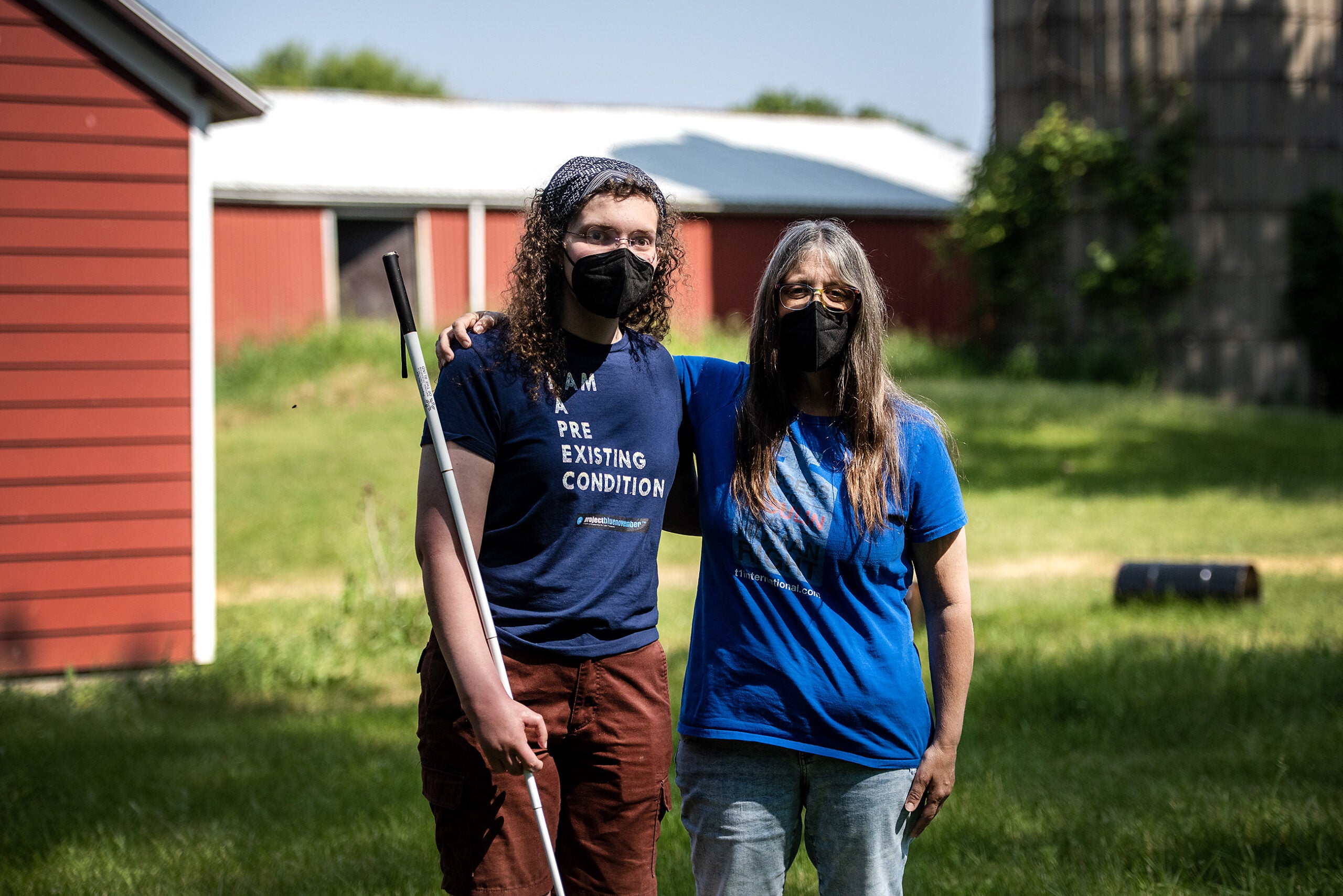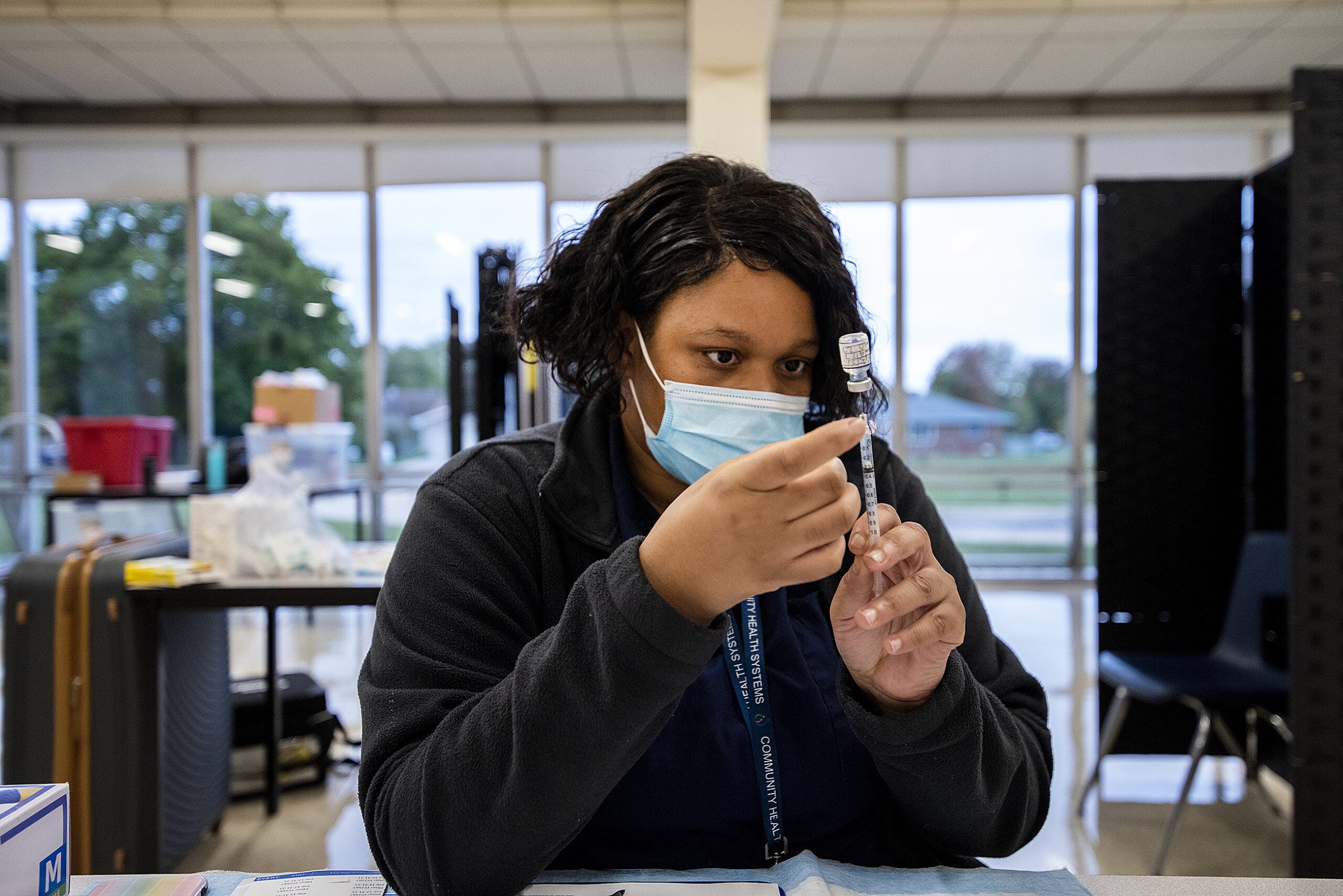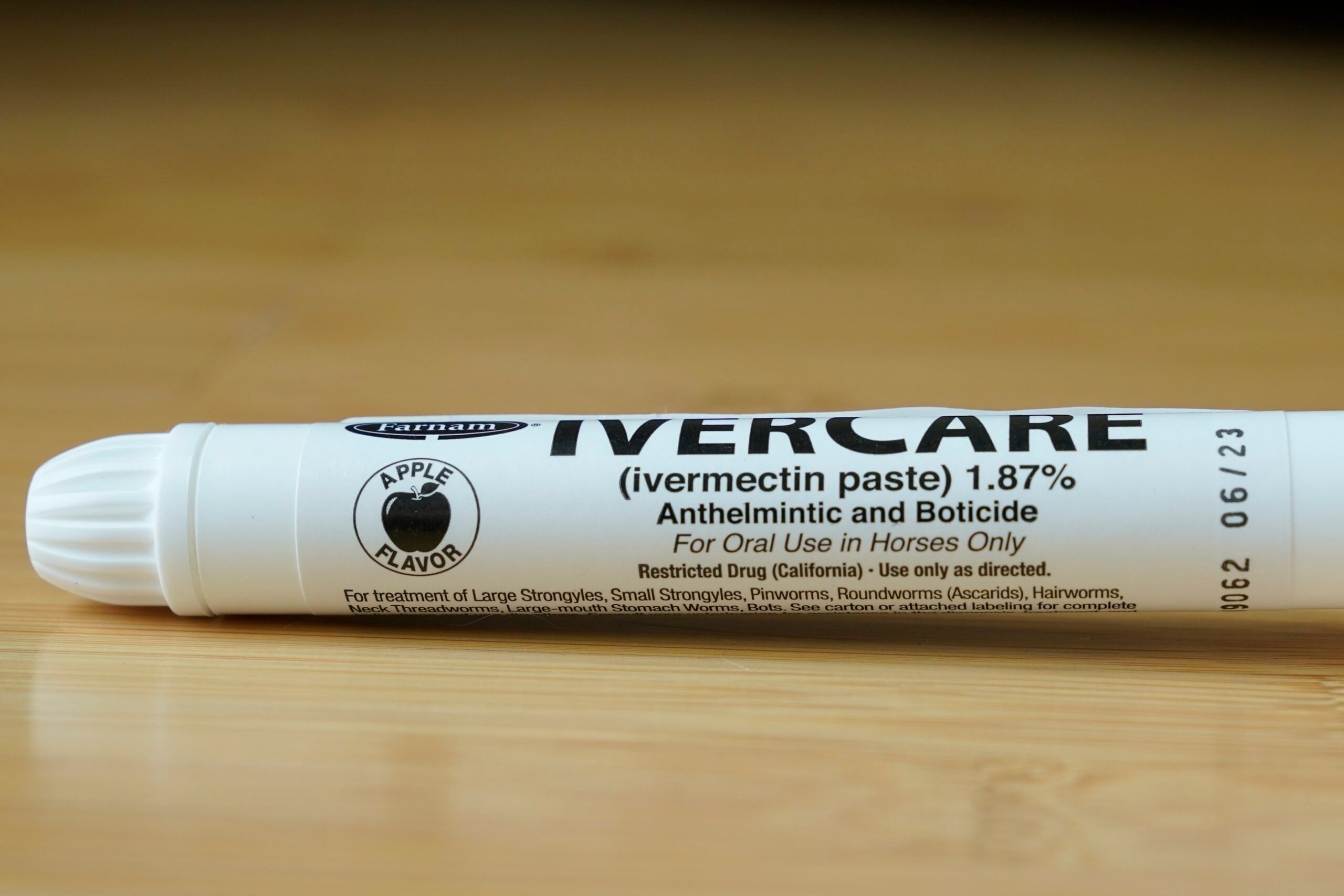Medical researchers in Milwaukee and Madison are working to collect blood from people who have recovered from COVID-19. The goal is to use plasma rich in antibodies to treat hospitalized patients struggling to fight of the new coronavirus.
UW Health in Madison along with Froedtert and the Medical College of Wisconsin in Milwaukee are in the early stages of rolling out what is called convalescent plasma treatment options to address the rise in hospitalizations for COVID-19.
Dr. William Hartman is an assistant professor of anesthesiology at UW Health. He said they have partnered with a national grassroots organization of researchers and physicians from 34 institutions called the National COVID-19 Convalescent Plasma Project. Those involved will share information about successes in treating patients hospitalized with the disease using plasma collected from those who have recovered.
News with a little more humanity
WPR’s “Wisconsin Today” newsletter keeps you connected to the state you love without feeling overwhelmed. No paywall. No agenda. No corporate filter.
“It’s an old technique,” said Hartman. “It goes back over 100 years and has been successfully used to treat diphtheria, to treat the Spanish Flu, more recently SARS, which is a coronavirus and even Ebola.”
Hartman said UW Health is building a list of potential plasma donors and is working with the American Red Cross in Madison with the hope of collecting blood and plasma from people who have tested positive for the virus beginning this week.
“I just want to encourage as many donors who have been COVID-19 positive to consider donating their plasma,” said Hartman. “This gives them just an amazing opportunity to be a hero. They all have this superpower and that superpower is their plasma and other people need that and we would be eternally grateful for that type of donation.“
In Milwaukee, Froedtert and the Medical College of Wisconsin is partnering with Versiti Blood Center of Wisconsin on a similar effort. Versiti senior medical director, Jerry Gottschall, said they’ve gotten a lot of interest from potential plasma donors. But he said the U.S. Food and Drug Administration has established strict criteria for those who qualify.
FDA guidelines require potential donors must have had a laboratory confirmed case of COVID-19, be symptom free for at least 14 days prior to donating, and be tested again and receive a negative diagnosis.
Gottschall said donations can also be accepted from people who tested positive for COVID-19 and remained symptom free for 28 days. Gottschall noted while this form of transfusion therapy has been used for other diseases, it’s still considered experimental for treating those hospitalized with the new coronavirus.
“This is probably the first time that this kind of what we call convalescent plasma program is going to be done across the United States,” said Gottschall. “So, the number of people that are going to receive this kind of product is going to be very large. So, we will find out whether it really works in (this) coronavirus and it will tell us a lot about whether it has value in other clinical viral infections.”
Gottschall said Versiti plans to collect plasma from its first donor early this week. He said the plasma will be available to Froedtert and other hospitals at no charge. He also said any additional testing required for those looking to donate will be covered by his company.
Dr. Mary Beth Graham is a professor of medicine at the Medical College of Wisconsin and the medical director of infection and prevention for Froedtert Hospital in Milwaukee. She said partnering with Versiti on their own convalescent plasma treatment program is a way to have more control over treatment options for patients suffering from COVID-19. Graham said there are clinical trials for antiviral medications around the country. In particular, she mentioned trials for an experimental drug called Remdesivir being developed by Gilead Sciences, Inc.
“Gillead will not include us as one of their trial sites,” Graham said. “It’s incredibly frustrating because they have enough sites already set up. So, one of the things that’s frustrating is we want control. So, we don’t want to have to sit here and have somebody else say, ‘No we already enough sites and we don’t need another one.’”
But even with that extra control Graham said there are still challenges facing them and those who wish to donate their plasma to treat others. She said in particular, is the requirement that patients get a hard copy of their COVID-19 test results. Graham said they have already had complications with prospective donors not being able to get them.
“Their health departments would not release their initial test results to them,” said Graham. “They said, ‘You know you were positive.’ We need some type of documentation. So, that’s a little frustrating and we’re trying to work with the health departments to say, ‘Please, can you help us with this?’”
Graham said she would have liked to begin treating patients hospitalized with COVID-19 already. But she said, realistically, treatment could begin within the next two weeks.
Wisconsin Public Radio, © Copyright 2026, Board of Regents of the University of Wisconsin System and Wisconsin Educational Communications Board.







